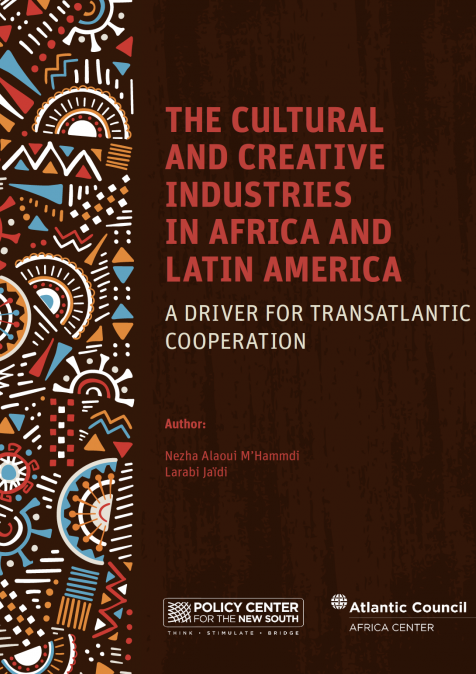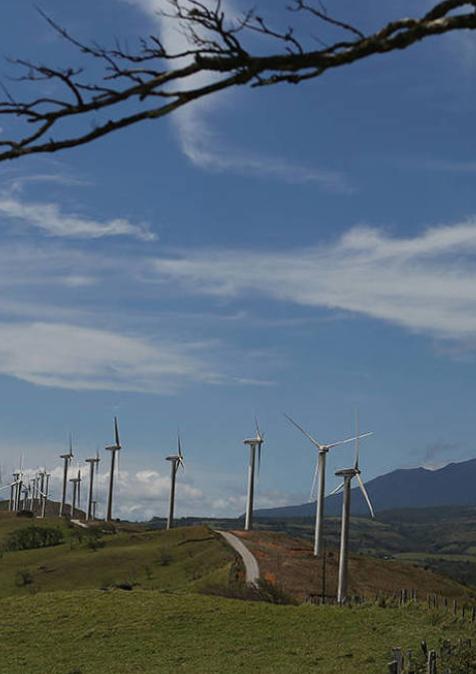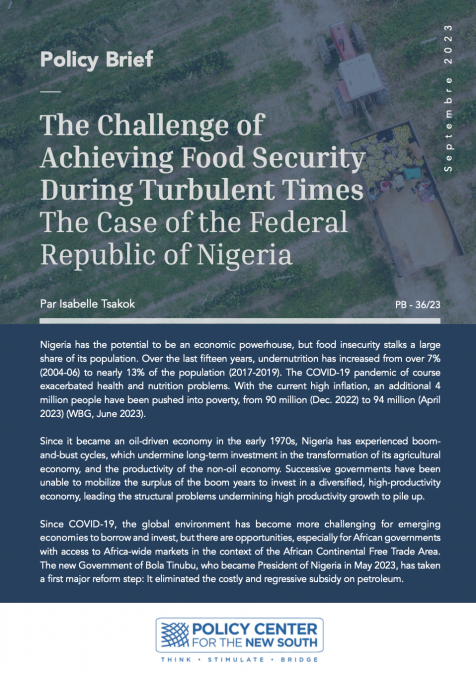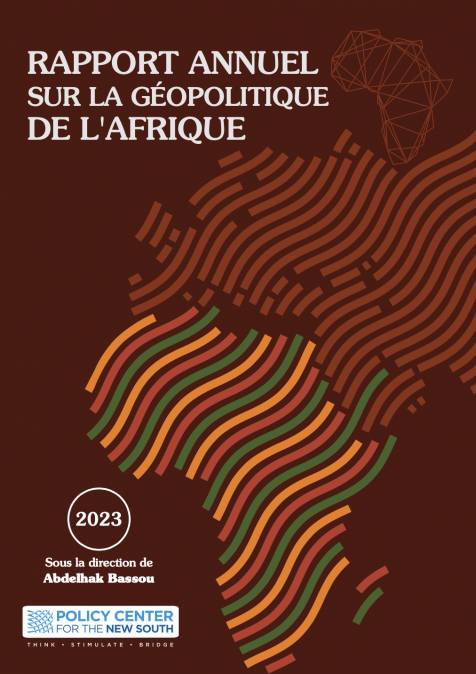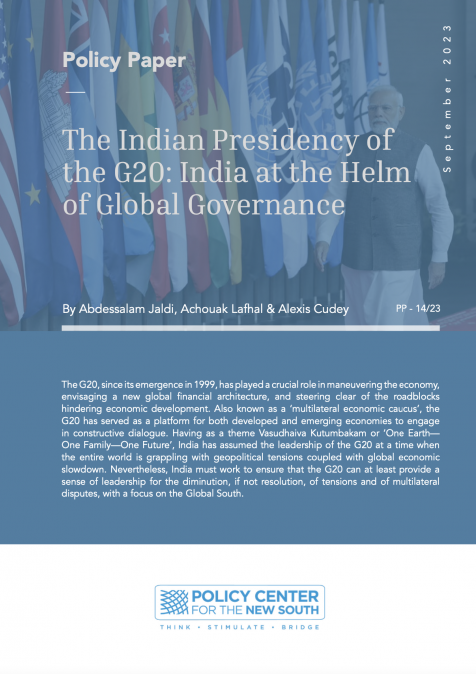Publications /
Policy Paper
Les technologies liées à l’Intelligence artificielle ont un pouvoir influent et transformateur de plus en plus ressenti par les populations africaines et constituent, de ce fait, un levier de développement important. Cependant, cet écosystème numérique, même porteur de promesses et d’opportunités, n’est pas sans risques pour le continent africain qui voit son cyberespace, chaque jour un peu plus, exploité par des compagnies étrangères. Dans cette étude, nous allons essayer d’analyser et d’expliquer la dépendance technologique de l’Afrique subtilement imposée à travers des installations technologiques étrangères (Data centers et autres). Cette dépendance, qui se traduit généralement par une exploitation accrue des données, a des conséquences négatives, parfois significatives, sur les plans économique, politique et social, ce qui ne manque pas d’accroître la vulnérabilité du continent. En effet, ces répercussions, qui se manifestent par la création d’un système virtuel qui attire la valeur ajoutée locale vers des économies étrangères, donne naissance à une nouvelle forme de colonisation, appelée cyber-colonisation.




